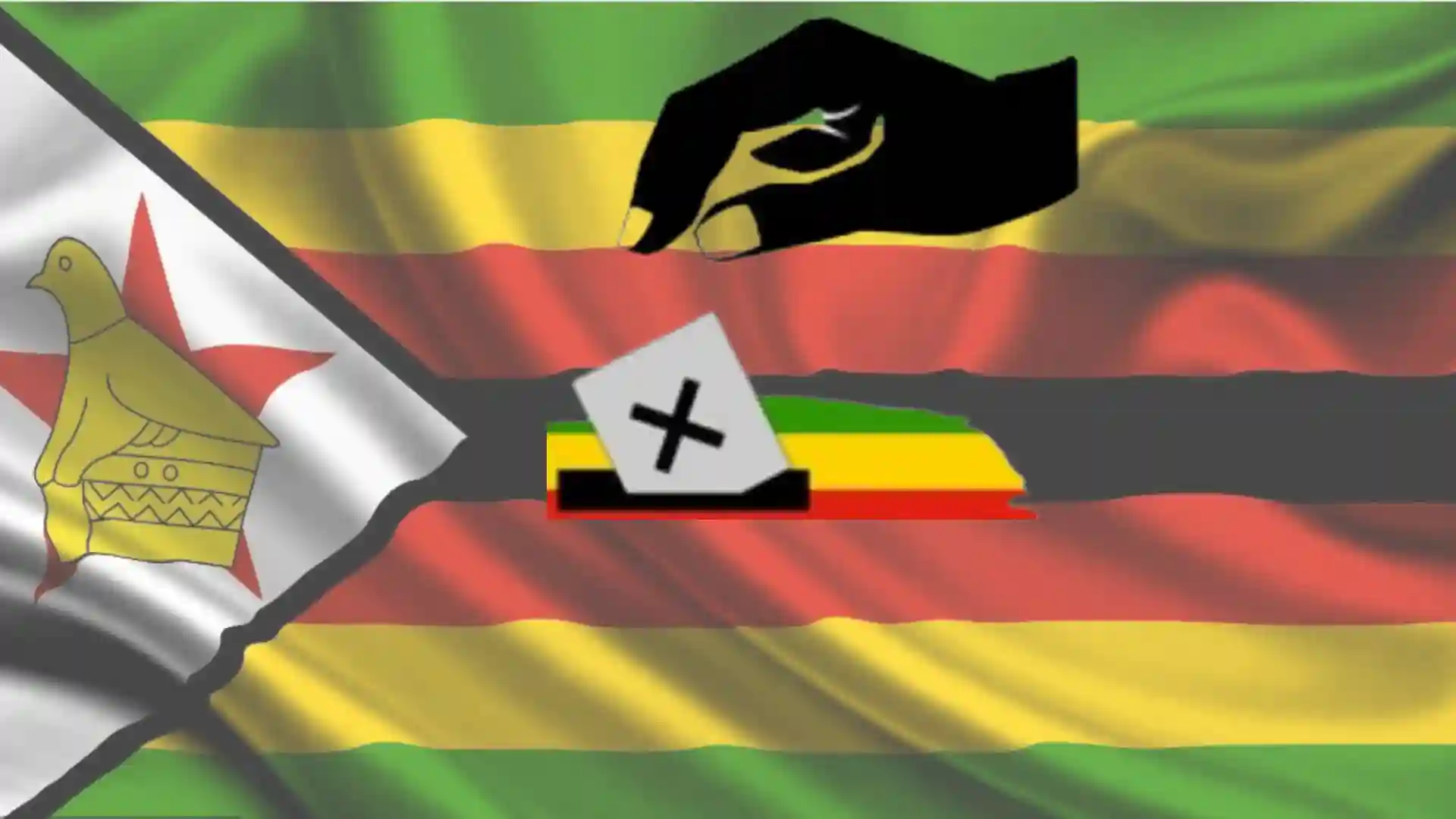The European Union Election Observer Mission (EU EOM) to Zimbabwe’s August 2023 Harmonised Elections reiterated its earlier position that the elections fell short of regional and international standards.
Presenting the mission’s final report on the elections on Friday, 17 November, Fabio Massimo Castaldo, who headed the EU EOM delegation, said the Zimbabwe Electoral Commission’s (ZEC) and the judiciary’s perceived political bias, as well as the actions of the Forever Associates of Zimbabwe (FAZ), undermined the credibility of the polls.
Castaldo presented the final report online from Brussels, the administrative centre of the European Union (EU) on Friday. Part of the report read:
The procedures during voting were largely followed, as noted by EU EOM observers, but some important processes, such as the public posting of polling station result protocols, were not consistently implemented, especially during the counting.
Overall, results management was efficiently organised; however, certain reporting mechanisms lacked transparency.
The judiciary played a key role in the process. All legal instruments regulating the election and all key phases of the process were challenged before the court.
The acute lack of confidence expressed by many interlocutors in the judiciary raised concerns about the role of courts in settling electoral disputes and public confidence in its rulings.
The EU EOM report also criticised recent laws that it said eroded the separation of powers and limited civic and political freedoms. Read the report:
Moreover, laws recently passed eroded the separation of powers and curtailed the rights of assembly, association, and expression, limiting the civic and political space.
The regulatory framework is insufficient and lacks important procedural details. ZEC’s inconsistent publication of its regulations compromised principles of transparency, accessibility, and legal certainty.
The laws noted in the report include the so-called Patriotic Act, the Private Voluntary Organisations (PVO) bill and the Maintenance of Peace and Order Act (MPOA) which the EU EOM said closed space for the exercise of freedoms of association, assembly, and expression.
The observer mission also criticised the absence of publicly available data, disaggregated by polling stations, which hampered the independent verification of election results. Read the report:
The ZEC chairperson announced the presidential results on 26 August, declaring Mr. Mnangagwa elected with 52.6 percent of the valid votes, followed by Mr. (Nelson) Chamisa with 44 percent.
Despite requests from opposition and civil society and the practice in previous elections, ZEC did not publish election results per polling station.
The lack of public access to disaggregated results, combined with police actions against CSOs conducting result projections, prevented stakeholders from verifying the final results and impacted the public acceptance of the electoral process and diminished ZEC’s accountability.
The EU EOM provided 21 recommendations, listing seven as priority which the mission said may bring comprehensive and meaningful electoral reforms.
The recommendations include; enhancing election organisation and management in Zimbabwe, maintaining ZEC and its staff independence, providing timely and thorough information to the public, and protecting the freedom to assemble.
More: Pindula News

